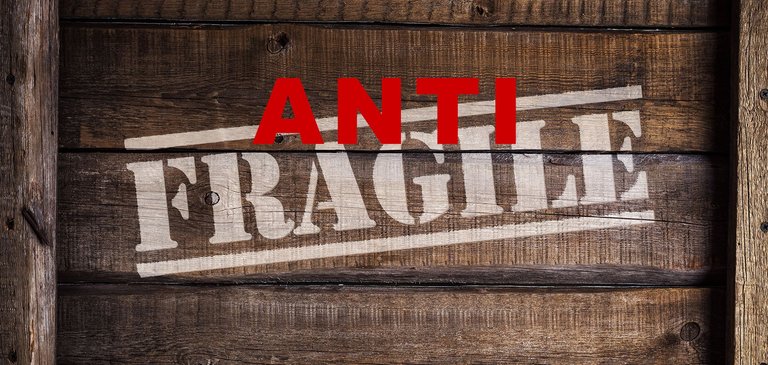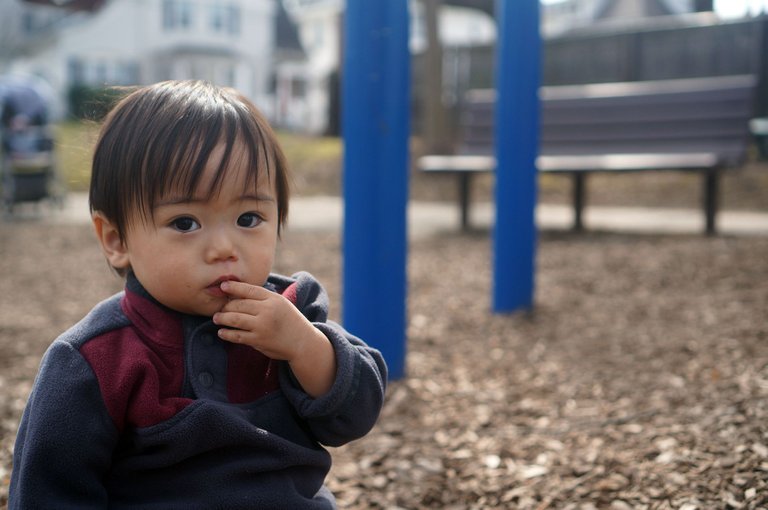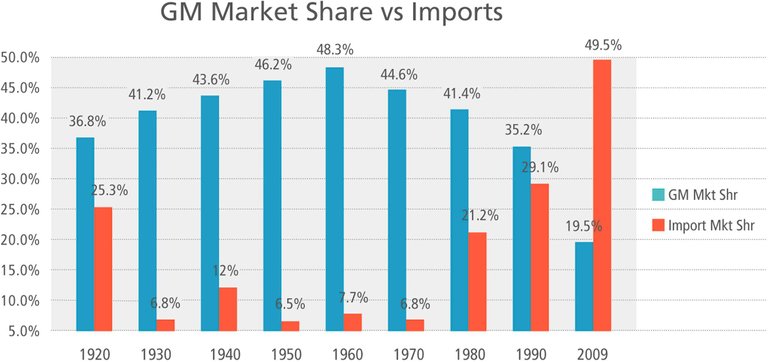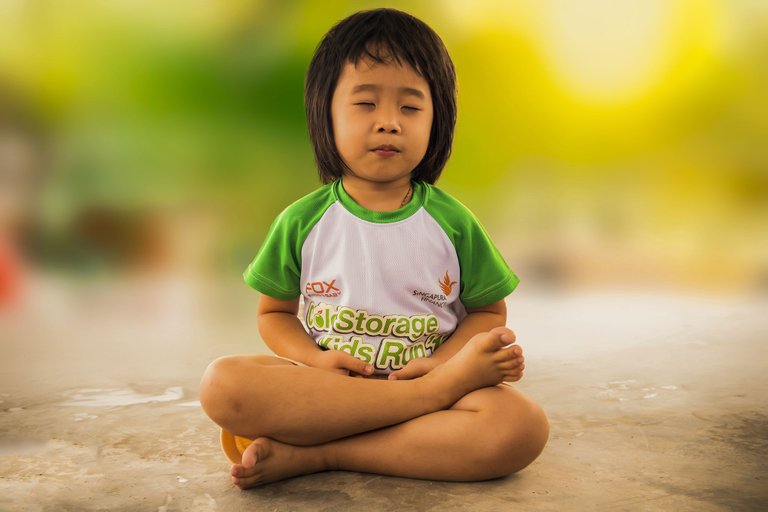
What does "antifragile" mean?
"Antifragility is a property of systems that increase in capability, resilience, or robustness as a result of stressors, shocks, volatility, noise, mistakes, faults, attacks, or failures. It is a concept developed by Professor Nassim Nicholas Taleb in his book, Antifragile." ~ https://en.wikipedia.org/wiki/Antifragility
Nature has many examples of anti-fragility. Historically, organisms that prove to be the most antifragile lived on to reproduce. Closer to home: Stressors for humans can produce greater strength or resilence. If it doesn't kill us. Some examples:
- Our immune systems build anti-bodies when attacked by micro-organisms. The disease is eradicated and - for some diseases - will never reoccur because the body now has a defense built specifically for that disease.
- Excessive stressing of muscles causes destruction and then growth, with greater strength being the result.
- Experiencing pain or loss increases our ability to understand the pain or loss experienced by others. And optimally - here's the truly antifragile part - we get better at dealing with our own future pain and loss.

"Antifragility is beyond resilience or robustness. The resilient resists shocks and stays the same; the antifragile gets better. We increase fragility in a system with the very best of intentions by playing conductor. We are 'fragilizing' social and economic systems by denying them stressors and randomness, putting them in the bed of cushy and comfortable - but ultimately harmful - modernity." ~ Nassim Taleb
Stories of fragility and anti-fragility: Economic/Individual
Jim has worked the same job for 15 years. He's a senior editor at a newspaper. He makes $4,800 per month. After paying mortgage, taxes, insurance, bills, and food, he usually manages to put a bit into a meager savings account. Although Jim's mortgage is decades from being paid off, he feels a sense of security because he "owns" his house, has a steady job, and his credit cards are paid off.
Sally has been driving for Uber for a year. Her income is highly volatile. Some months she makes as little as $2,500. Other months, if she pushes herself hard, she makes as much as $5,000. She owns no land and rents a modest apartment. Sally's health insurance covers catastrophic only. Sally's "savings" is a $3,000 buffer in case of unforseen problems. Like Jim, she also has no credit card debt. She puts extra money every month into buying silver rounds, Bitcoin, and other cryptocurrencies. In her first year she has managed to spend $1,500 on silver rounds that she keeps in a safe and $4,000 on crypto. Because of the explosion of bitcoin, et al, her investment has grown to over $23,000.
Who is leading a less fragile life? How do we know? When unexpected problems occur, we look at whose lifestyle can most easily flow with the changes. What happens when Jim's newspaper goes out of business because of competition from Internet media? What happens if Sally loses her job, gets sick, or her car breaks down?
Stories of fragility and anti-fragility: Parenting
Megan's parents - as all parents do - want the best for their daughter. They were always there to keep her from getting hurt, physically and emotionally. In fact, they kept such a vigilant watch over her that - at age ten - she has never eaten dirt, never been stung by a bee, never been teased by other kids, never walked to school, never fallen off a bike (wasn't allowed to learn to ride), never spent the night at a friend's house, and never had chicken pox or measles.

Timmy's parents cringe whenever they see him fall and skin a knee but they take solace in knowing he learned a valuable lesson. They held back as much as is practical from restricting his actions. It was difficult because there are no guarantees. A fall on concrete can lead to some scrapes or a broken skull. Not fun for any parent to imagine. For the parents, this hands-off approach initially required a huge amount of patience and self-discipline. Over time, as Timmy's lessons accumulated, so did his knowledge, dexterity, confidence, and anti-fragility. This led to his parents feeling even more confident in Timmy's ability to survive the media-inspired bogeymen of our era.

Which of these children will grow up to have a strong sense of empathy for their fellow humans and the ability to weather the worst of storms that a person can experience?
Stories of fragility and anti-fragility: Big Business

Formed in 1908, GM was the largest automobile manufacturer from 1931 through 2007. From government protectionism via tax breaks, bailouts, and tariffs on foreign imports, General Motors has been the beneficiary of decades of support. In 2009 they filed bankruptcy and were reborn. After that, the US Treasury bailed GM out to the tune of $49.5 billion.
Netflix is an entertainment company founded in 1997. The company culture at Netflix is laissez faire. Employees are highly self directed and free to take time off whenever they want, provided they excel at their work. The company actually has software running that randomly takes down their own servers nationwide, in order to keep their support personnel on their toes.
The fragility and anti-fragility in these cases is pretty obvious, right? By protecting GM, the government has incentivized the company to not trim the fat. On the flip side, we can all see the success of Netflix. Did Netflix become successful soley because of their commitment to antifragility? Probably not, given just how innovative their "stay on your couch" model has been. But their antifragile-creating practices mentioned above sure haven't hurt them!
So how can we increase our anti-fragility at an individual level?

- "For my last job, I wrote my resignation letter before starting the new position, locked it up in a drawer, and felt free while I was there." ~ Nassim Taleb
- Plan for the worst disease. What can you do right now to lessen the impact? Or, if it is preventable, what can you do right now to reduce the chance of it happening?
- "Go through the mental exercise of assuming every morning that the worst possible thing had actually happened - the rest of the day would be a bonus." ~ Nassim Taleb
- Stress your body. Punching a heavy bag causes microfractures in your bones that heal to increase bone strength. Lift weights. Jog in the sand. Subject yourself to uncomfortable temperatures.
- Stress [stretch] your mind. Meditate. Do calculations in your head. Read a novel. Learn a new language.
- Tell the truth especially when you worry how it will be received. This will increase your courage and proficiency with diplomacy.

It's in our nature to be antifragile
Humans are at the top of the food chain for a reason. We are nature's greatest success on this planet. Listen to your instincts. You were built to be antifragile!
Feedback
In what ways are you leading an antifragile life?
Written by https://steemit.com/@scottermonkey for https://AdBongo.io.
Great post!!! My husband always says that we have an antifragile relationship because after every single misunderstanding or disagreement we only become stronger and more united!